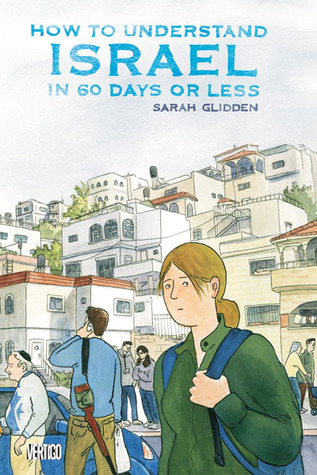What do you think?
Rate this book


208 pages, Hardcover
First published January 1, 2010




“It’s just an excuse for girls to dress like sluts.� (page 84)
"Another speech about the poor victimized Jews who bravely built something out of nothing.� (page 95)
"And now all these people here are telling me that this is my home? Well, maybe I don’t want it!" (page 103)



